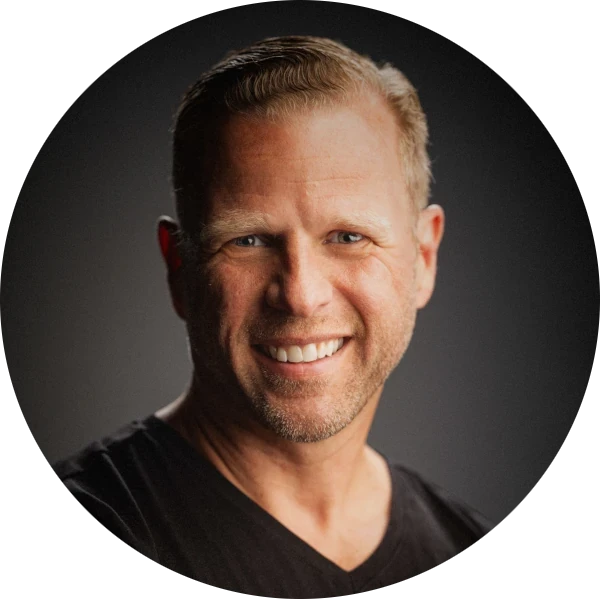In a world where social media giants like Meta (WhatsApp, Instagram, Facebook) and Twitter dominate the digital landscape, I made a conscious choice in 2016 to break away from the norm and embrace more privacy friendly alternatives.
It started with deleting my WhatsApp account, and switching to Signal. Years later I ditched my Twitter account and switched to my own instance on Mastodon in November, 2022. These weren’t sudden decisions, but a thoughtful response to growing concerns about privacy, data security, and the quality of online interactions.
Privacy Concerns
One of the primary reasons I turned away from big tech social media is the alarming disregard for user privacy exhibited by many of these platforms. WhatsApp, once cheered upon for its end-to-end encryption, faced a backlash when it announced plans to share user data with its parent company, Facebook. This raised serious questions about the sanctity of private conversations and the potential misuse of personal information.
Signal, on the other hand, is renowned for its commitment to privacy. It offers robust end-to-end encryption for all messages and calls, ensuring that no one but the intended recipient can access your communication. This dedication to privacy aligns with my values and gives me peace of mind in a digital world where privacy is increasingly threatened. For these reasons I have decided to pay a monthly donation to the Signal foundation to keep the project going.
Data Ownership
Another concern with big tech platforms is the ownership and control of user-generated content and data. Instagram and Twitter, for instance, have the power to suspend or delete accounts without clear explanations or avenues for recourse. Users have little control over their content, and the platforms often monetize user data without providing adequate compensation or transparency.
Mastodon, a decentralized social network, stands in stark contrast. It operates on open-source software (if you don’t know it yet, I’m a big fan of OSS) and empowers users to host their own instances, giving them full control over their content and the communities they build. This decentralization fosters a sense of ownership and accountability that’s IMHO sorely lacking in big tech alternatives.
Community and Quality of Interaction
Big tech social media platforms are notorious for algorithm-driven content feeds that prioritize sensationalism, rage and engagement metrics over meaningful interactions. This often results in echo chambers and a toxic online environment. As someone who values thoughtful discussion and genuine connections, this turned into a major turn-off, especially for Twitter. I was active on Twitter since 2009, and I’ve really seen it evolve to a toxic place.
Mastodon offers an antidote by allowing users to join or create their own instances with specific community guidelines. This decentralization enables diverse, niche communities where users can engage in meaningful conversations without the noise and clutter of mainstream social media.
Ethical Considerations
My decision to embrace Signal and Mastodon is also rooted in ethical concerns. Many big tech companies have been criticized for their business practices, including tax avoidance, labor issues, and inadequate content moderation. By opting for alternatives that prioritize privacy, user control, and ethical practices, I feel more aligned with my values and beliefs.
Conclusion
In conclusion, my shift away from big tech social media and toward Signal and Mastodon was a deliberate and informed choice. It was driven by concerns about privacy, data ownership, the quality of online interactions, and ethical considerations. While these alternatives may not have the user base of their big tech counterparts, they offer a more secure, private, and community-oriented online experience. It’s a step towards reclaiming control over our digital lives and fostering healthier online communities.
You can find me on Signal if you have my phone number and my Mastodon account is here.



Leave a Reply